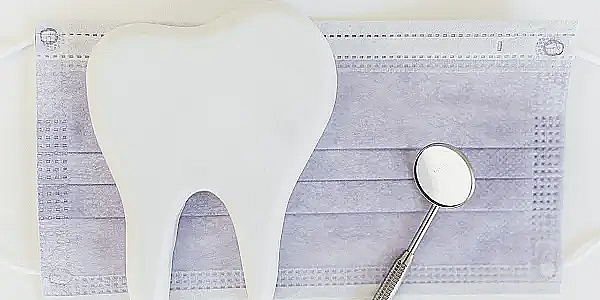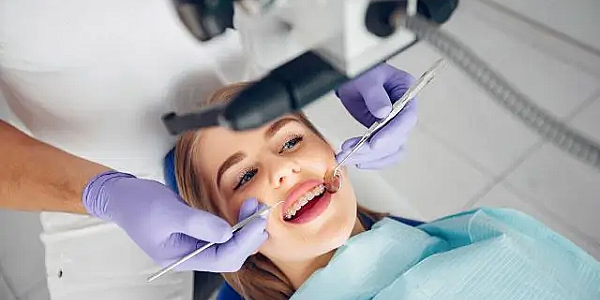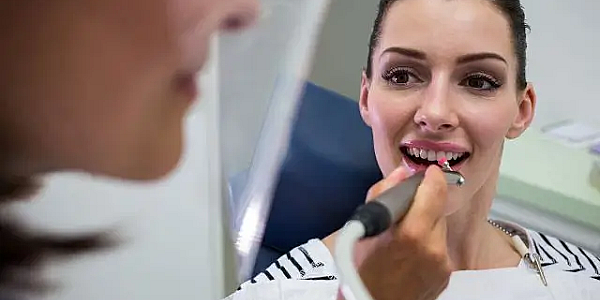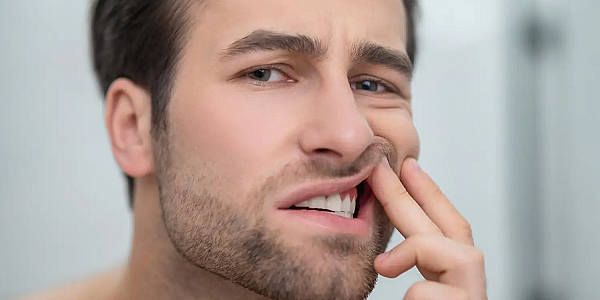What does the dentist need to know about you before a dental procedure?
In general, people do not like the idea of going to the dentist, especially if they are facing certain dental problems. However, dental health is absolutely vital to maintaining the health of the whole body, so it is important to have a routine dental check-up at least 2 times a year. Thus, you will prevent dental diseases, you will get used to the atmosphere in the dental office and you will even be able to establish a relationship of trust and friendship with your doctor. Such a relationship facilitates the treatment for the dentist, but also for the patient.
What not to hide from your dentist?
If you are facing a dental problem and want to treat it as quickly and effectively as possible, you must be very honest with your dentist, because a proper treatment depends on the correct establishment of the causes and factors of the appearance of the disease. Generally, people have reservations and prefer to lie in some ways, but the symptoms always give them away. Most often, people lie about:
- Smoking: tobacco yellows teeth and causes diseases of the oral cavity;
- Consumption of acidic drinks: they destroy tooth enamel and cause tooth dullness;
- Alcohol consumption: alcohol reduces the secretion of saliva, which favors the appearance of caries, irritates the gums and mucous membranes;
- Flossing: Flossing can help you remove plaque from hard-to-brush areas, such as between your teeth or along the gum line. If you don't use it or if you use it improperly, there is a risk of gum disease.
What information do you need to give your dentist?
When you go to the dentist, especially when you have a problem that requires urgent dental treatment, it is very important to give your dentist accurate information about your general health. There is a very strong connection between dental health and general health. Therefore, to avoid complications, your dentist must know if you have any health problems, phobias or allergies before deciding which dental services to offer you. Certain dental procedures must be postponed, modified or even canceled in case of pregnancy, high blood pressure, allergies, etc.
If you are taking certain medications, your dentist should know this, especially if they prescribe other medications. Taking them together may be harmful for you. Also, many medications can make the mouth very dry, which increases the risk of tooth decay.
If the dental procedure involves bleeding, the dentist needs to know if your blood clots normally. Normal blood clotting can be affected by certain factors such as liver disease or medications such as aspirin.
Some patients need to take antibiotics before having dental procedures. For example, patients with artificial heart valves often need to take an antibiotic to prevent an infection.
Medical procedures do not inspire much excitement, especially dental procedures. People anticipate pain, even if they have no reason to do so. Modern dentistry is painless, most procedures are performed under anesthesia, so there is no real reason to fear in this regard. Dental prophylaxis procedures play an increasingly important role in maintaining oral health, so visits to the dentist should by no means be ignored. It is important to go to the dental office regularly and to inform your doctor at each dental consultation about any changes that occur. Do not forget that dental health and general health are closely related and condition each other, so you should not neglect them.
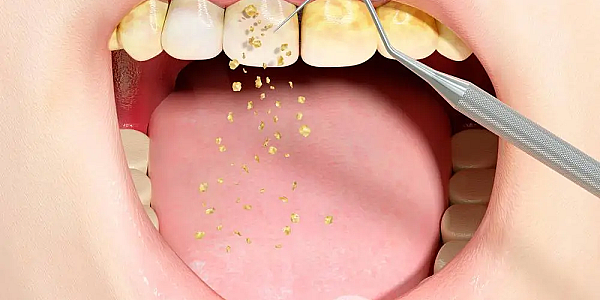
-thumb_1x.png )
